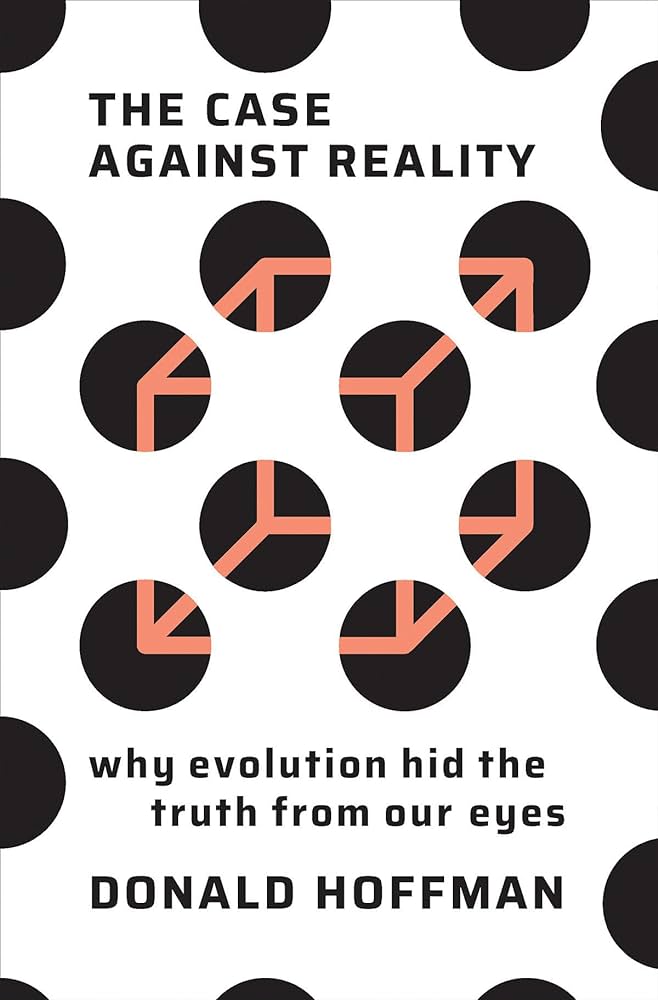
# Investigating the Influence of Consciousness on Our Experience of the World
**Imagine if all that you perceive in your environment exists purely because you believe it does?**
In this immense cosmos, filled with unbounded possibilities, envision that your perception functions not only as a viewpoint to observe the world but also as a dynamic force that contributes to its creation. Could the reality we experience be shaped by our minds as much as it influences us? This idea raises a crucial question: *In what ways does our consciousness shape the world around us?*
## The Impact of Perception in Shaping Reality
Our perception is far more than just a passive reception of external stimuli relayed to our brains. Rather, it constitutes an engaging interplay where external inputs fuse with our thoughts, emotions, biases, memories, and anticipations. Various thinkers and scholars have proposed that nothing in the universe may possess objective existence, extending beyond mere sensations of sight, hearing, touch, or feeling.
This can be compared to navigating a finely crafted video game, where new realms only materialize as the player approaches. In a like manner, reality reveals itself moment by moment, with our perception steering that revelation.
Reflect on Schrödinger’s cat thought experiment — the fate of the enigmatic cat remains uncertain until an observation occurs. In a similar vein, perhaps the universe comes into existence through the filter of our individual consciousness only when we become aware of it.
> **”Reality reveals itself to us moment by moment, influenced by our perception.”**
Every experience we encounter is a direct consequence of how we process information through our individual consciousness. The world, in many respects, might represent an internal projection rather than an external, fixed entity.
## Perception as the Architect of Reality
At the core of this discussion lies the significant understanding that our minds construct our reality. The importance of this truth becomes notably clear when considering two individuals sharing the same experience yet departing with entirely different memories, feelings, or conclusions. Our interpretation of events and environments is shaped not solely by what we observe, hear, or feel, but by how we *interpret* those impressions — and this interpretation is influenced by our biases, emotional states, memories, and expectations.
For example, think about how two individuals might interpret a thunderstorm. One may feel tranquility and wonder, while the other experiences fear and unease. The occurrence is identical, but the perceptions are drastically different, colored by individual psychological elements.
> **”Our mind is the architect of our reality.”**
As counterintuitive as it may seem, life as we understand it is profoundly subjective. Upon our passing, our world no longer exists — at least from our viewpoint. This suggests an intriguing notion: each person’s reality constitutes their own universe, molded by their distinct experiences, memories, and interpretations.
## Revealing the Intricacies of the Mind
The human mind is astonishingly intricate. Our memories are frequently fragmented, creating a fusion of what is authentically real and what we embellish with imagination. Consider a childhood memory — does it exist as clearly as the moment it took place? Often, some elements are vivid while others are obscure, supplemented by assumptions, dreams, or other related experiences.
This complex tapestry of actual experiences, projections, and thought constructs illustrates the mind’s ability to merge the perceived and the imagined during the process of understanding reality.
> **”The mind resembles a mosaic — assembling fragments of real experiences and imagined narratives to form our perception of reality.”**
The concept extends further: certain scholars and mystics propose that consciousness might possess the ability to influence physical reality. Is it possible that our thoughts alone can turn non-material concepts into tangible existence? This notion remains speculative, yet many have encountered profound flashes of this potential during moments of creativity, intuition, meditation, or deep spiritual experiences.
## The Impact of Shared Consciousness
While the individual mind is crucial in shaping reality, consciousness operates within a broader context. Collectively, communities, societies, and cultures create a shared reality through collective consciousness. Consider the impact of common beliefs — religious convictions, societal norms, or even the communal energy of a sports event. Such experiences, bolstered by collective agreement, enhance the shared reality of groups.
Take into account the role of mass media or societal narratives. Ideas that circulate within communities can evolve into widely accepted truths, influencing daily behaviors and decisions. When a significant number of people collectively embrace a notion or interpretation, it takes on a more “real” character on a societal level, impacting everything from legislation to cultural customs.
> **”The more people subscribe to an idea, the more it becomes ‘real’ in a collective sense.”**
This implies that while we each play an individual role in shaping reality, the interplay of collective consciousness can significantly affect societies on a grand scale.
## Unlocking the Power of Consciousness
If we could master the art of directing our perception and intentionally harnessing our mental capabilities, we might discover an even